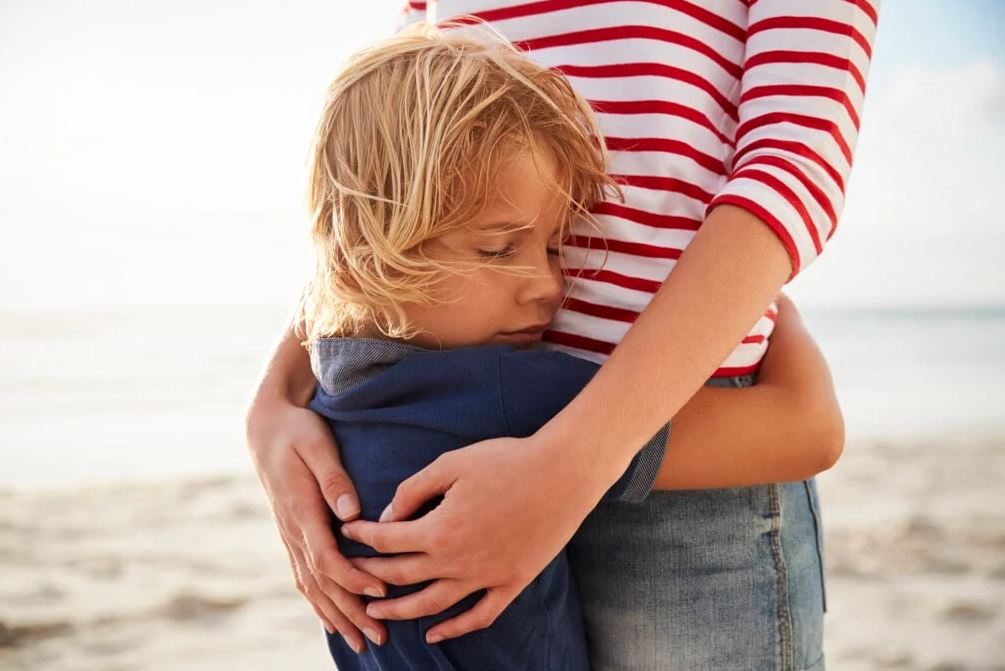I used to insist that my son say “thank you” and “sorry” whenever social rules demanded it. But over time, I realized that forcing him to repeat those phrases wasn’t building real empathy it was creating a superficial routine. I decided I no longer wanted him to parrot empty words just to please others.
My Own Childhood Influenced My Choice
I grew up in a home ruled by strict traditions and rigid expectations. My parents emphasized etiquette, and mistakes or breaches of manners were met with harsh responses. That kind of upbringing gave me anxiety, low self-esteem and a constant need to please. When I became a parent, I made a conscious decision: I did not want my son to walk in the same mental patterns that I did. I wanted something different — a relationship where he feels seen, understood and respected, instead of powerless.

Breaking the Cycle with Gentleness
Rather than forcing politeness, I lean into modeling. When I make a mistake, I apologize genuinely — not because etiquette demands it, but because I actually feel remorse. I believe he learns more when he watches me say “I’m sorry” sincerely than when I demand he repeat it. For me, it matters that apologies come from the heart, not from obligation.
Handling Conflict at the Playground
One day, my son pushed another child at the playground. Instead of ordering him to apologize, I took responsibility myself. I approached the other child’s mother, looked her in the eye, and said I was sorry for his behavior. It wasn’t because I was taking the blame, but because I wanted to show my son how repair works. He observed how I handled the situation with humility. That, to me, was more valuable than forcing him into a rote apology he didn’t mean.
Why I Refuse False Apologies
If I pressured him to say “sorry” when he didn’t feel sorry, I worried I would be teaching insincerity. I want him to understand empathy, not simply to offer a socially acceptable response. When children are pushed to apologize even when they don’t understand their own feelings, I believe we undermine their emotional growth. I want him to reflect on what happened to think about how his actions affect others — not just say the words because I said so.
When Social Expectations Clash with My Beliefs
People react strongly when they learn I don’t force him to say thank you or sorry. My husband worries our son won’t internalize social norms, and other parents sometimes call my parenting irresponsible. But I stand by my decision. I’m not avoiding teaching respect or kindness I’m redefining how he learns them. I don’t see myself as above him; I’m alongside him, guiding him through decisions and emotions.

Building True Connection and Accountability
In our home, I try to create space for honest conversations. When he makes a mistake, I don’t just demand the ritual apology. We talk. I ask how he feels, whether he understands what went wrong, and how he would make amends. I want him to build the tools to take responsibility in a meaningful way — not just to say the words, but to know why they matter.
What I Hope for the Future
By doing things this way, I believe I am raising a child who doesn’t just follow manners out of habit, but who internalizes empathy, learns from his behavior, and owns his actions. My hope is that one day he will apologize because he truly means it, and say thank you because he really values the kindness he receives. That, in my mind, is far more powerful than any polite phrase said on demand.

















